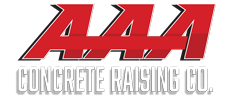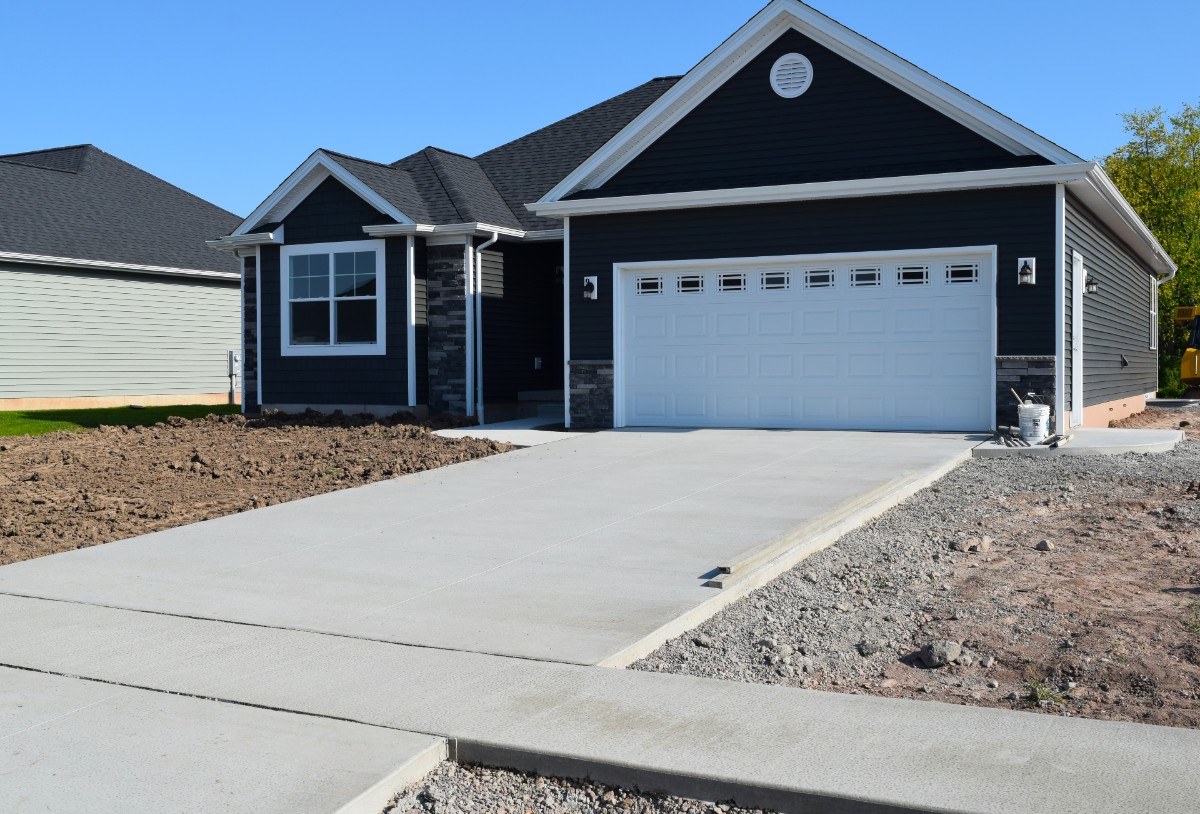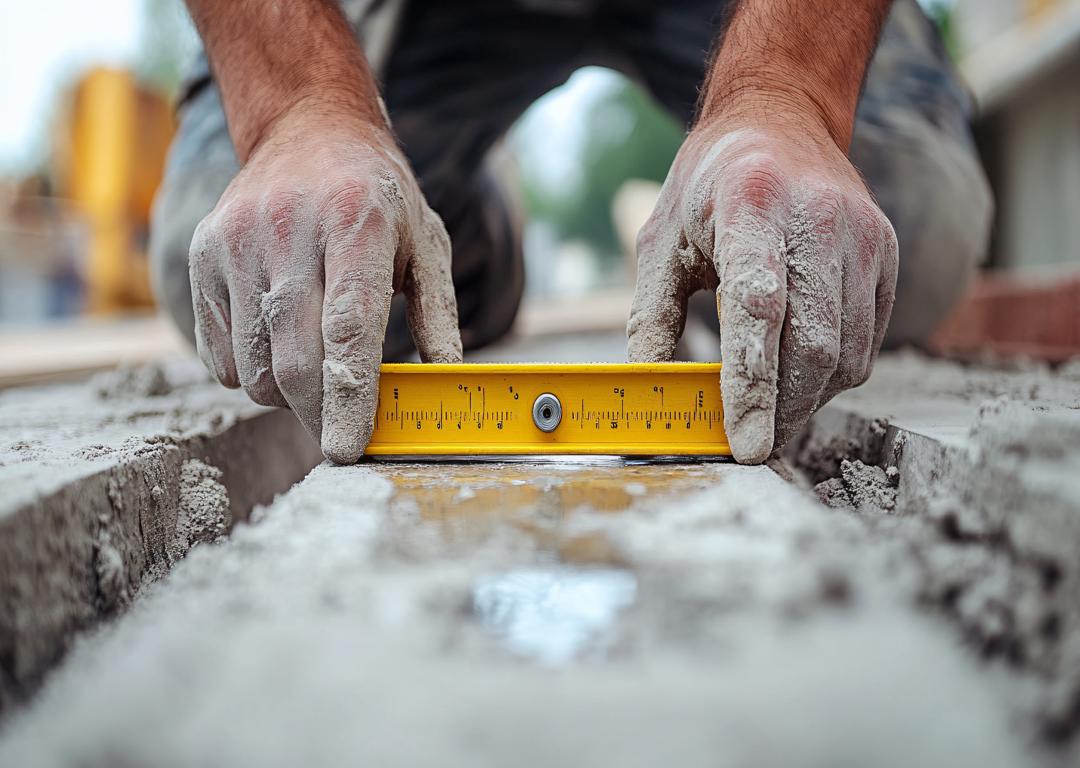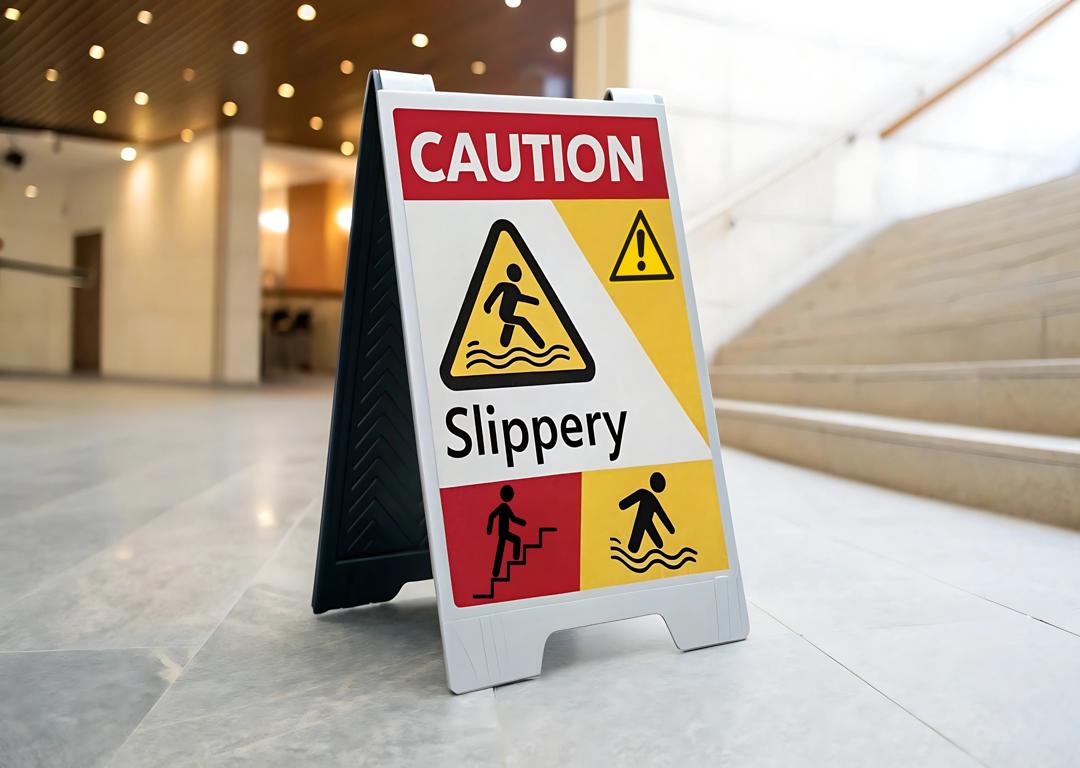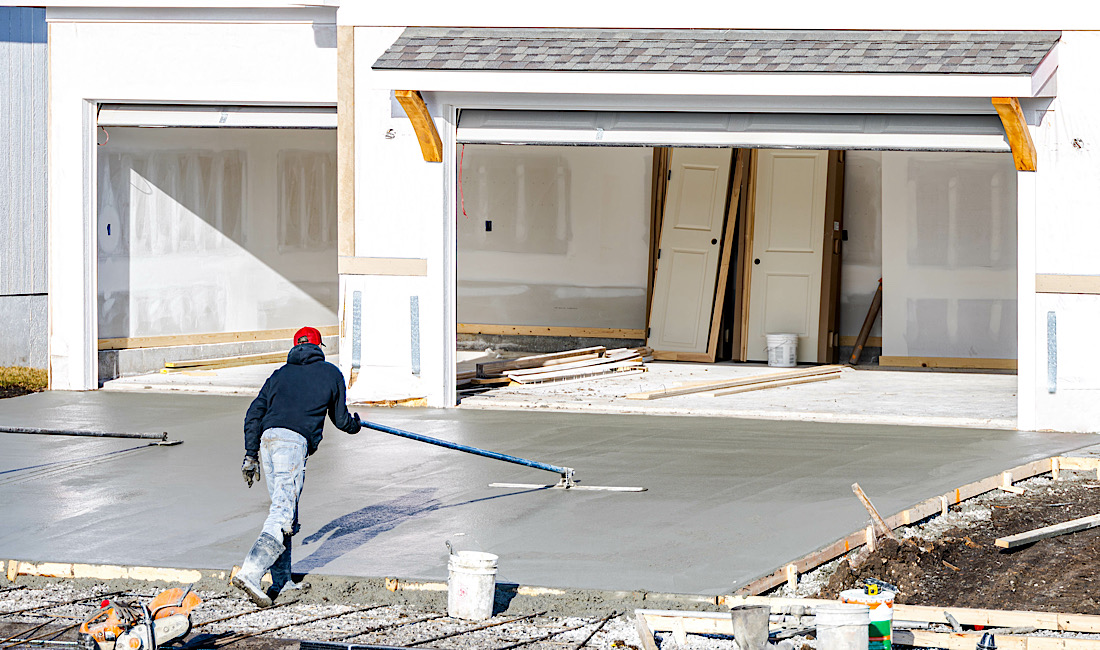Concrete thickness plays a big role in determining the long-term durability of a driveway. But how thick should a concrete driveway be to prevent sagging, cracking and other forms of surface failure? Here’s what you should know.
What Determines Necessary Thickness?
Concrete is a heavy material that needs underlying support to prevent sagging, breaking and cracking. Support can come in two forms: ground preparation that provides external support and, in some instances, steel reinforcing for internal support. Compacted or undisturbed soil can work well, but many surfaces require a solid subbase of crushed stone material.
Before determining concrete thickness, it’s important to assess what the driveway will be used for, whether it’s ordinary cars and trucks or RVs, construction vehicles and other heavy equipment.
For lightweight vehicles, a 3- to 4-inch driveway may work fine. For larger vehicles, you will need a thicker, more durable concrete surface. For most residential concrete driveways, 4 to 6 inches is the preferred thickness, but this isn’t always the case.
Soil Type
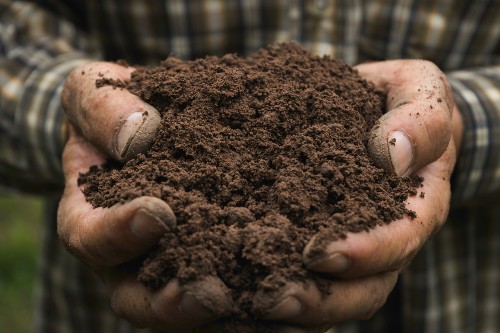 Because it affects drainage and strength, soil type is an important consideration when determining concrete thickness. Soil can vary significantly from one location to another, even within the same neighborhood. In addition to soil type, drainage and elevation may be of concern. A reliable engineer or soil specialist can assess the soil and determine if it will be able to support required loads directly without an additional subbase.
Because it affects drainage and strength, soil type is an important consideration when determining concrete thickness. Soil can vary significantly from one location to another, even within the same neighborhood. In addition to soil type, drainage and elevation may be of concern. A reliable engineer or soil specialist can assess the soil and determine if it will be able to support required loads directly without an additional subbase.
Budget
The budget for a concrete driveway depends on everything from prep work and concrete thickness to the dimensions of the driveway itself. A compact car or small motorcycle parking pad is going to cost a lot less than a double-wide curb-to-garage driveway for several full-sized cars. Other factors that impact the budget are the possible inclusion of rebar, the addition of a compacted sub base, the thickness of the pour, and the type of texture, finish and color additives.
How Thick Should it Be?
Most local building codes demand a minimum thickness of 4 inches for residential driveways on a well-prepared base. You can reduce this requirement to 3 inches by using stronger concrete in some instances, but it won’t usually decrease the cost. Increasing the concrete thickness to 5 full inches will add about 20% to the cost while increasing the strength by up to 50%. A thicker slab will generally last longer while also supporting more weight.
If a slab is greater than 5 inches, however, it will have to be reinforced with rebar. Driveways that see frequent traffic from commercial or construction vehicles tend to be at least 6 inches thick on a well-prepared base. At minimum, most contractors demand a 4-inch concrete on a 6- to 8-inch prepared base and use an average thickness between 5- and 5-1/2 inches. The average thickness of residential driveways, including the base, can range from 10 inches to 12-1/2 inches. The thicker the base and concrete, the stronger and longer lasting the driveway.
Things to Consider
Even thick concrete can sag and crack when the underlying soil wears down or washes away. When this happens, the structural integrity of the surface is compromised along with the general aesthetic. Fortunately, you don’t have to spend a fortune replacing sagging or cracked concrete.
Instead of spending thousands of dollars for a new driveway, consider having the concrete restored at an affordable price using mudjacking techniques perfected by the local experts at AAA Concrete Raising.
Noninvasive and discreet, the mudjacking process involves the injection of durable materials beneath cracked or sagging concrete. As this slurry hardens after a short time, the concrete is stabilized and leveled, allowing you to improve its appearance and correct any stability problems. If you notice cracks or sagging throughout your existing driveway, give AAA a call, and we can level the surface for an affordable price.
AAA Concrete Raising has served Colorado homeowners and businesses for more than two full decades. Our innovative concrete raising company uses modern equipment that eliminates the need for any sort of noisy, awkward machinery. This ensures a speedy, neat, and efficient job that won’t disrupt the neighborhood. Contact our team for all your concrete restoration needs.
